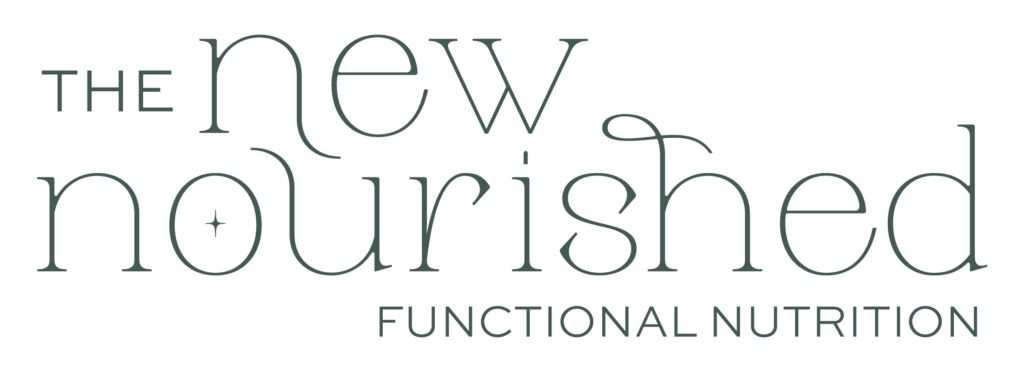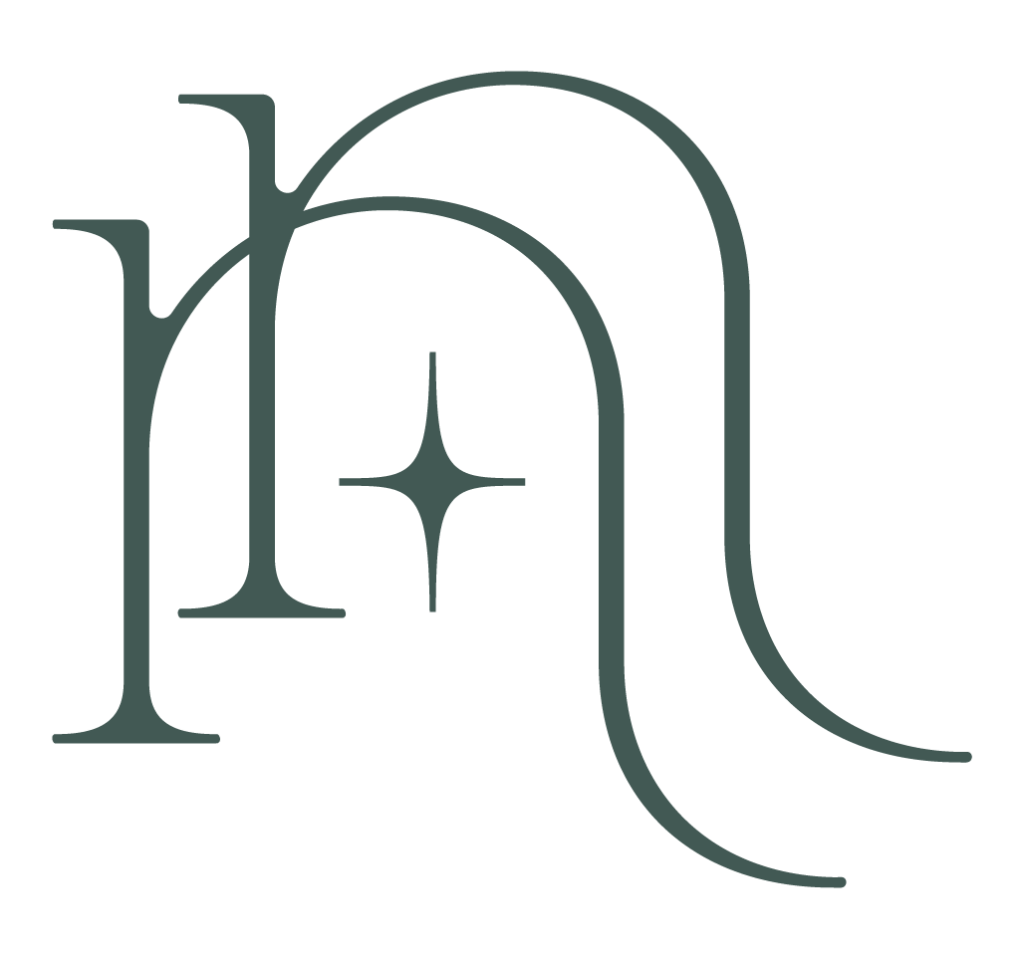As a functional dietitian, I get asked a lot about supplements. And while supplements can be an invaluable tool when it comes to gut and hormone healing, they are definitely not one size fits all.
What I Do As a Functional Dietitian
A functional approach to nutrition focuses on the root causes of health issues rather than just managing symptoms. We use specialized lab testing, in addition to holistic diet and lifestyle assessment, to identify and heal a client’s unique root causes. A good functional treatment plan will focus on nutrition and lifestyle foundations (you can’t skip over the basics!) but will also utilize personalized supplements to help bring the body back into balance.
Are Supplements Really Worth It?
Health supplements get a lot of hype on social media and are too often sold as a magic bullet type fix for a variety of symptoms. Unfortunately, it’s very unlikely that a supplement is going to fix all your symptoms on its own. Also, if something worked wonders for one person it might not do much for you if it isn’t addressing your root cause. That being said, when used appropriately alongside nutrition and lifestyle changes, supplements can be an essential and impactful part of a healing plan.
A Functional Dietitian’s Essential Supplements
Personally, if I’m not working to resolve a specific issue or imbalance, I like to keep supplement routines fairly simple. Instead I focus more on supporting the body with nourishing foods and habits. However, there are a few supplements that I find most of my clients (and myself) benefit from using more consistently.
Magnesium
Magnesium helps with so many things— calming your nervous system, energy production and even supporting good sleep. It also helps balance your blood sugar and hormones. Due to its many functions, demands for magnesium are high and it can be difficult to keep up with your body’s needs with food alone (especially when any kind of stress is present.) Taking daily magnesium prevents depletion and keeps all these systems functioning optimally. There are many forms of magnesium, but the ones I typically use for general support are magnesium glycinate (take before bed to help with sleep) or magnesium malate which is more energizing.
Digestive Bitters
Bitters are a great and gentle way to support digestion on a regular basis. I may not use them every day but I always have them on hand if my digestion gets off, for travel or when eating out. Bitters stimulate your natural digestive juices and optimize digestion which reduces symptoms like bloating and improves absorption of nutrients. Bitters also support the liver so I like to use them before and after a night out, as well. My go to brands are Urban Moonshine, Organic Olivia’s Digestive Juice or Quicksilver Bitters No. 9.
Minerals
I am all about supporting minerals (read more about why here) and try to mostly get them through foods, however, it’s not always easy or possible to get all the minerals we need from food alone. I use trace mineral drops to fill in the gaps that are missing due to depleted soil and will often use powdered electrolytes to make a daily mineral drink. Some of my favorites are ZeroLyte by Trace Elements (like LMNT but with more potassium and trace minerals added!) and Rayvi.
Protein Powder or Collagen
Depending on your eating habits, this may or may not be an essential, but for me and many of my clients using protein powder and/or collagen is helpful for getting an optimal amount of daily protein. If you’re not big on protein at breakfast, using either collagen or protein powder can help you get into that optimal 20-30 gram range. My favorite protein is Ritual’s Vanilla Protein (save $15 on your first order).
The information provided on this blog is for educational purposes only and is not intended as medical advice; please consult with a healthcare professional before making any changes to your diet, lifestyle, or health regimen. If you’re looking for personalized support with gut health, hormones or fertility, learn more about working with me 1:1 here.


